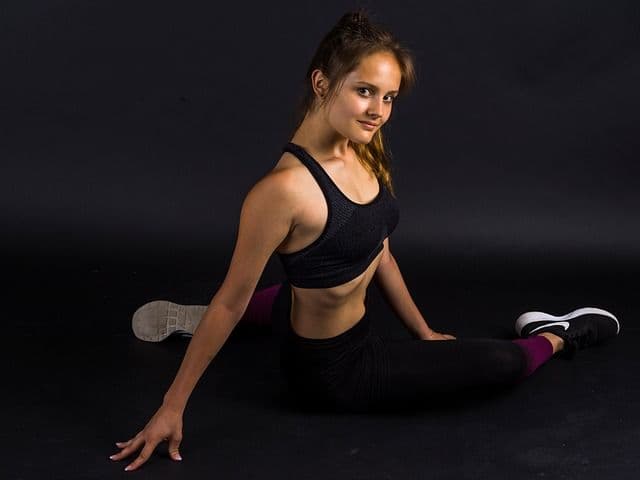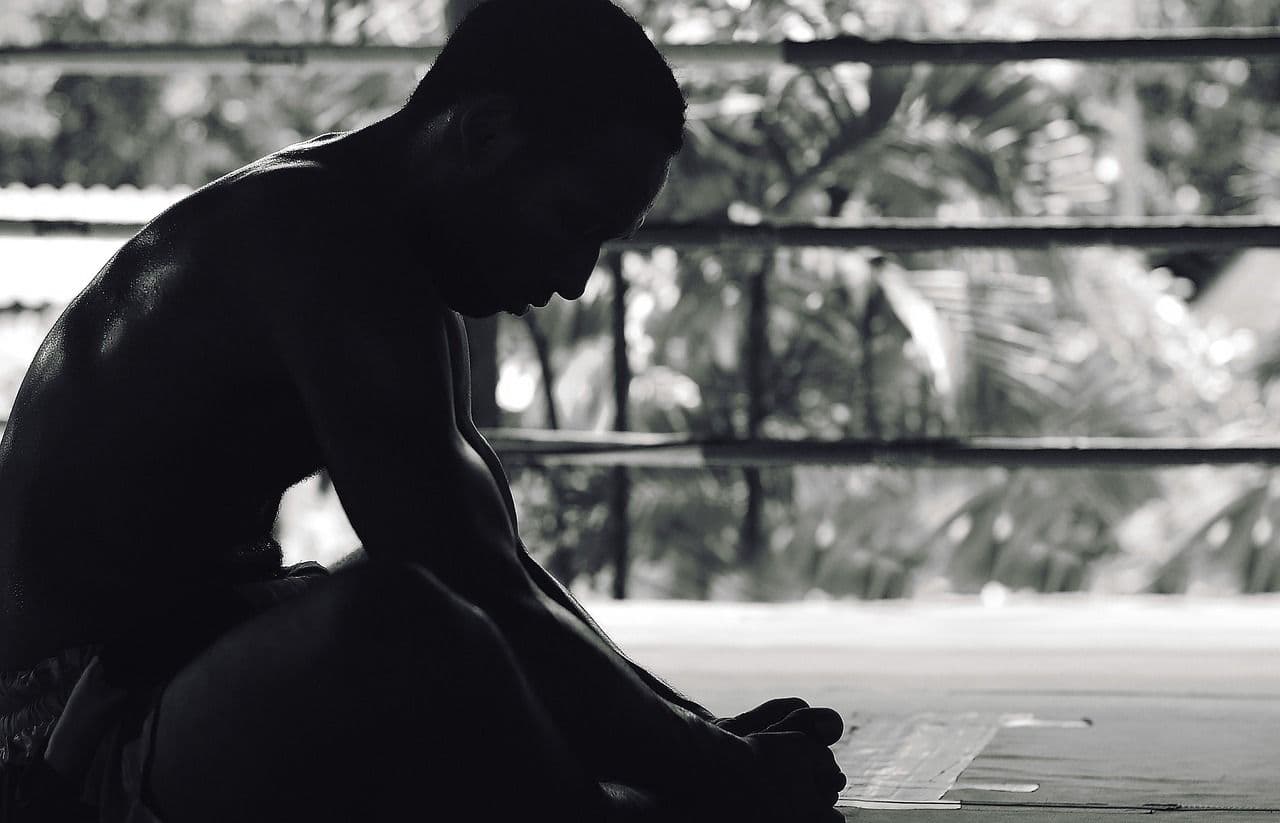Many individuals begin their fitness journey with a singular focus: physical transformation.
But when this results don’t appear as quickly as expected, motivation tends to disappear. Research shows that over 71% of people discontinue their workout routines within the first two months due to a lack of perceived progress (Statista, 2024).
At Bravo, we believe your fitness journey should be fun, rewarding, and empowering.
While visible gains can certainly feel satisfying and push you to strive harder, they aren't the only indicators that you're making real progress; they're just one part of a much bigger picture.
So, if you’ve been showing up and staying consistent, but the scale or mirror hasn't reflected your effort just yet — don’t be discouraged.
Here are four overlooked signs your fitness plan is actually working—even if the results aren’t instantly or totally visible.
1. You're Recovering Faster Than You Used To 💪

One of the most overlooked indicators of fitness progress is improved recovery, your body bounces back more quickly after each workout.
At the start, it might have taken 3 to 4 days to feel normal again after a tough session.
But now? You’re back on your feet within 24–48 hours. That’s real progress.
🚀 What This Really Means:
- Muscle recovery is speeding up — you’re no longer feeling sore for days.
- Your heart rate returns to normal faster after exercise — a strong sign of improving cardiovascular health.
- You're less fatigued and can even take on more frequent or intense workouts.
These are measurable improvements. According to Verywell Health, a healthy heart rate recovery (HRR) is a 12–23 bpm drop within one minute post-exercise. And research published by the Journal of Applied Physiology shows that quicker recovery is linked to better endurance and lower injury risk.
Even your resting heart rate (RHR) — which drops as your fitness level improves — is a quiet but powerful indicator that your plan is working.
The faster you recover, the more effectively you can train. That’s why it’s a key performance indicator that often goes unnoticed.
If your recovery is speeding up, you’re getting stronger, fitter, and healthier.
That’s fitness progress you can feel, even when you don't see it yet.
2. You're Sleeping Better and Waking Up Different 😴

Sleeping better is one of the first signs that your healing has started and is often an overlooked signal that your fitness plan is working.
Improved sleep quality is not just about the number of hours you sleep — it’s about how deeply you rest, how quickly you fall asleep, and whether you wake up feeling refreshed.
According to the Johns Hopkins Center for Sleep, people who engage in at least 30 minutes of moderate aerobic exercise may see improvements in sleep that very same night.
Exercise also reduces cortisol (the stress hormone) and boosts endorphins, leading to deeper, more restful sleep.
When you start noticing these subtle changes:
- You fall asleep faster.
- You wake up with more energy, even before your alarm.
- You feel less groggy during the day — a true mark of deeper REM and NREM cycles.
Just know you are doing something right.
Sleep is where recovery happens, mentally and physically.
And when you’re sleeping better, everything else improves: your mood, metabolism, muscle repair, and motivation.
3. You Start to Crave Movement 🏃♂️

In the early stages of your fitness journey, pushing through a workout might feel like a burden.
But over time, something shifts. When your plan is actually working, your feeling towards working out changes from “I have to” and becomes “I want to.”
You start looking forward to your sessions, feeling restless when you miss one.
Movement becomes a source of energy and relief — not something you dread or delay.
🧠 Why This Happens:
Consistent physical activity triggers your brain’s reward system, releasing feel-good chemicals like dopamine and endorphins.
Over time, your brain begins to link movement with pleasure, which boosts your natural desire to stay active.
💡 A 2022 study published by Harvard Health found that regular exercise helps regulate mood and increases motivation by reducing stress and anxiety levels — making you more likely to crave movement, even outside of workout times.
You know your plan is working when:
- Rest days feel weird — and you find yourself wanting to do “just a little something.”
- You choose walking over sitting, stretching during screen time, or doing quick workouts between tasks.
- You don’t need motivation — it’s become second nature.
According to the CDC, people who maintain regular physical activity for more than six weeks are nearly 50% more likely to keep going long-term — because movement becomes both a habit and a need.
When workouts stop feeling like punishment and start feeling like part of your lifestyle, you’ve reached a powerful milestone.
It means you’re no longer fighting your body — you’re flowing with it.
4. Your Mood Feels Lighter — Even on Tough Days 🌤️

Another underestimated sign that your fitness journey is working.
Ever caught yourself smiling for no reason? Or noticed that you're not snapping at little things like you used to?
You’re noticing that you're less irritable, more patient, or simply able to move through your day with a bit more ease. That’s not a coincidence — it’s science.
Exercise has a direct impact on brain chemistry.
Every time you move your body, you stimulate the release of endorphins, serotonin, and dopamine — chemicals that regulate mood and promote a sense of well-being.
Over time, consistent movement helps rebalance stress hormones like cortisol, making it easier to stay calm, focused, and uplifted.
In fact, physical activity is now widely recognised as a natural mood stabiliser, often prescribed alongside — or even in place of — medication for mild to moderate depression.
A Harvard Medical School article notes that aerobic exercise can be as effective as antidepressants in treating mild depression.
People who move for at least 30 minutes, three to five times a week, report a significant improvement in overall emotional wellbeing, per the CDC.
- According to the National Institutes of Health (NIH), regular physical activity reduces the risk of depression by 26%, even for those without prior mental health issues.
Small Changes That Mean a Lot But We Often Overlook:
- Small annoyances don’t derail your entire mood.
- You’re more patient and less reactive.
- You recover quicker from stressful moments.
- You feel calmer and more in control — even when life gets messy.
Sometimes, progress isn’t only about what shows, it’s about what you don’t feel like constant stress, fatigue, or anxiety.
When fitness starts to shift your internal state, not just your body, that’s a powerful sign your routine is working.
You’re not only building physical strength but emotional resilience too.
And that’s the kind of progress worth applauding. 👏
🏁 Final Thoughts

Progress isn’t always measured in kilograms or inches — sometimes, it’s felt.
It’s in the way you recover faster.
It’s in the peaceful sleep that wasn’t there before.
It’s in your new craving to move, and the lighter mood that carries you through each day.
It’s in your energy, your strength, and your peace.
These are the real milestones — the quiet but powerful signs that your fitness plan is actually working. And at Bravo, we celebrate every single one of them.
So, if the mirror hasn’t caught up yet, don’t worry. You’re already winning in ways that matter most.
Every rep, every breath, every moment of showing up , that’s progress worth applauding.
💡 Win Your Way. Get Your Bravo.
Because every rep deserves applause. 👏
